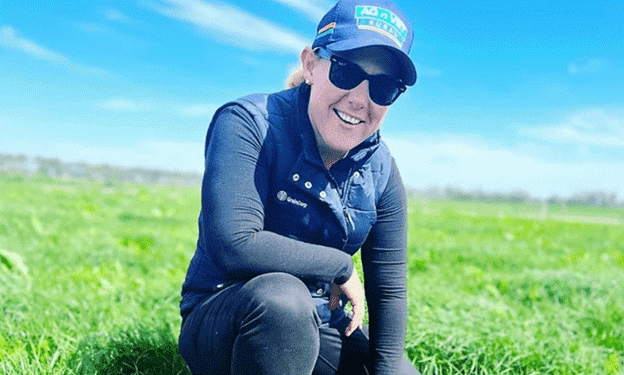Introduction
Australian grain growers face the complex challenge of meeting strict international standards for agricultural chemicals. ST GEORGE agronomist Tessa Dimond, a 2023 Nuffield Scholar supported by GrainCorp, has conducted an extensive study on the best practices for managing Maximum Residue Limits (MRLs) to ensure continued market access for Australian grain. Her research highlights the importance of aligning with global standards, particularly the European Union’s stringent regulations, and emphasizes sustainable farming practices and advanced technologies.
The Importance of MRLs
MRLs represent the highest level of pesticide residue legally tolerated in food products. As international markets, especially the EU, push for reduced pesticide usage, Australian growers must navigate these regulations to maintain their export viability. Dimond’s study underscores the significance of this issue, with 60-70% of Australia’s grain production destined for export markets.
Global Insights and Best Practices
Dimond’s journey took her to various countries, including Canada, New Zealand, Chile, Argentina, Ireland, France, Poland, The Netherlands, Italy, Switzerland, and the United Kingdom. In these regions, she explored different approaches to managing MRLs and their impact on trade.
One of her primary focuses was understanding the EU’s standards and identifying how Australian growers can align their practices accordingly. The EU employs a hazard-based approach to MRLs, in contrast to Australia’s risk-based framework. This discrepancy presents a challenge for Australian producers who must adapt their methods to meet international expectations.
Sustainable Practices and Precision Agriculture
Dimond’s research highlights the critical role of precision agriculture and Integrated Pest Management (IPM) in reducing chemical residues and enhancing sustainability. These practices are vital for maintaining compliance with MRL standards while promoting efficient food production.
Precision agriculture involves using technology to apply inputs like water, fertilizers, and pesticides more accurately and efficiently. This method not only helps reduce residues but also supports sustainable farming practices. IPM focuses on using a combination of biological, cultural, physical, and chemical tools to manage pests sustainably.
Communication and Traceability
Effective communication and traceability throughout the supply chain are essential for maintaining grain quality and compliance with MRLs. Dimond emphasizes that bulk handlers and other stakeholders must collaborate to ensure that all parties understand and adhere to the required standards.
Industry Commitment and Support
The Australian grain industry is committed to aligning with global sustainability movements, such as the United Nations’ Sustainable Development Goals. Common practices like minimal tillage, crop rotations, and variable rate application improve soil health and biodiversity, helping the industry meet diverse international standards.
The National Residue Survey (NRS) plays a crucial role in supporting the Australian grain industry by providing independent testing and insights to reduce export risks. Dimond’s findings highlight the NRS’s importance in managing residues and maintaining Australia’s reputation for high-quality, clean grain.
Industry and Personal Growth
GrainCorp’s general manager of sustainability, Mick Anderson, praised Dimond’s research, noting its value for growers, customers, and the broader industry. He emphasized GrainCorp’s role in working with growers to minimize chemical use while enhancing farm productivity and maintaining food safety standards.
Reflecting on her Nuffield journey, Dimond acknowledged the personal and professional growth she experienced. The scholarship helped her overcome her fear of public speaking and become a more confident, independent thinker. It also connected her with a global network of agricultural professionals who continue to inspire and share knowledge.
Tessa Dimond’s research underscores the importance of managing MRLs to maintain international market access for Australian grain. By adopting sustainable practices, leveraging precision agriculture, and ensuring effective communication and traceability, Australian grain growers can meet the evolving demands of global markets. Her insights and findings will be shared at Nuffield Australia’s National Conference in Launceston, Tasmania, on September 2-4, providing valuable guidance for the future of Australian agriculture.
Error





